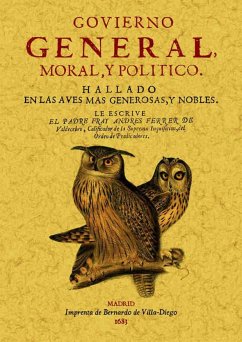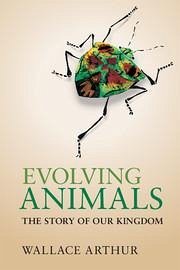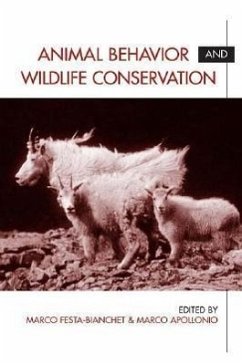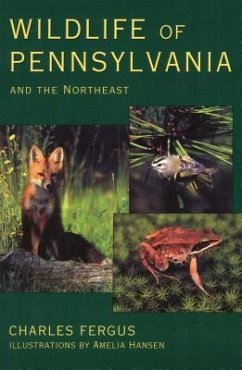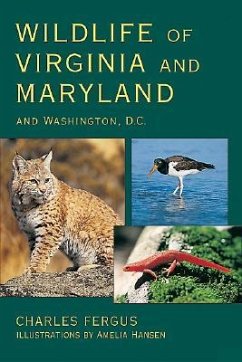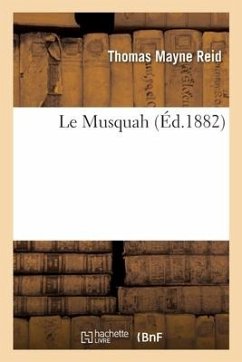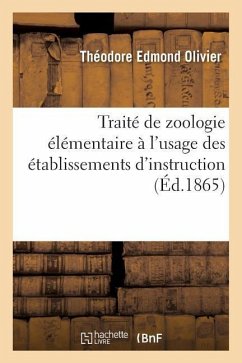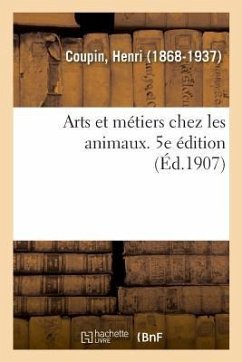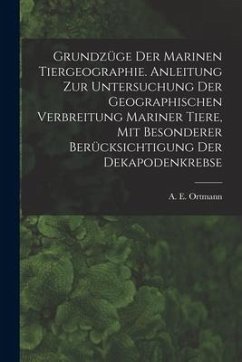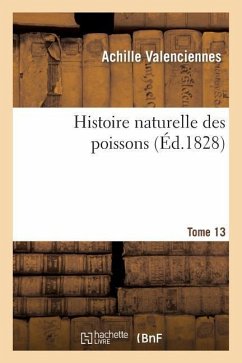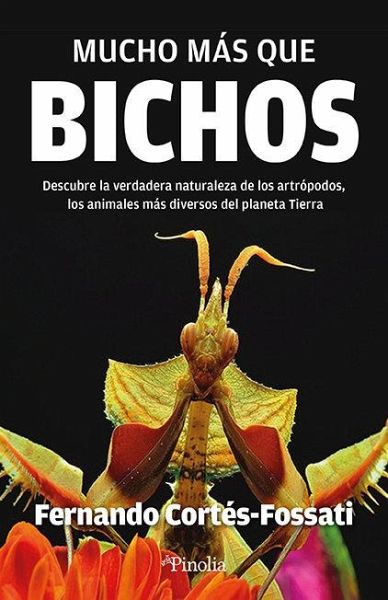
Mucho Mas Que Bichos
Versandkostenfrei!
Versandfertig in über 4 Wochen
25,99 €
inkl. MwSt.

PAYBACK Punkte
13 °P sammeln!
¿Alguna vez has usado la palabra bicho para referirte de forma despectiva a ciertas criaturas de pequeño tamaño, provistas de antenas, muchos pares de ojos y patas? Pues aunque no lo supieses, la mayoría de las veces, cuando decimos bichos, nos referimos a animales del grupo de los Artrópodos. Lo cierto es que estas criaturitas no gozan precisamente de buena reputación. Sin embargo, poca gente sabe que desde su aparición en la Tierra hace más de 500 millones años han sido fundamentales para cincelar el mundo que hoy conocemos. En la actualidad, los Artrópodos -los cuales representan ...
¿Alguna vez has usado la palabra bicho para referirte de forma despectiva a ciertas criaturas de pequeño tamaño, provistas de antenas, muchos pares de ojos y patas? Pues aunque no lo supieses, la mayoría de las veces, cuando decimos bichos, nos referimos a animales del grupo de los Artrópodos. Lo cierto es que estas criaturitas no gozan precisamente de buena reputación. Sin embargo, poca gente sabe que desde su aparición en la Tierra hace más de 500 millones años han sido fundamentales para cincelar el mundo que hoy conocemos. En la actualidad, los Artrópodos -los cuales representan más del 80% de la diversidad animal- participan entre bambalinas en todo tipo de procesos fundamentales en los ecosistemas, como son el reciclado de nutrientes, la oxigenación de los suelos, el control poblacional o la productividad oceánica. ¿Sorprendido? Pues esto es tan solo la punta de un iceberg gigante: a lo largo de las páginas de este libro, podrás conocer los grandes grupos en que se clasifican, y desfilarán ante ti todo tipo de extrañas y maravillosas criaturas, cuyos hábitos y sorprendentes comportamientos parecen sacados de una película de ciencia ficción. ¿Escorpiones prehistóricos de un metro de largo? ¿Cangrejos que pinzan más fuerte de lo que muerde un tigre? ¿Arañas que imitan excrementos de pájaro para despistar a los depredadores? ¿Miriápodos que dan abracitos venenosos para comerse a sus presas? Seguro que estás con la boca abierta, ¡pues esto forma parte un día normal en la Tierra!



